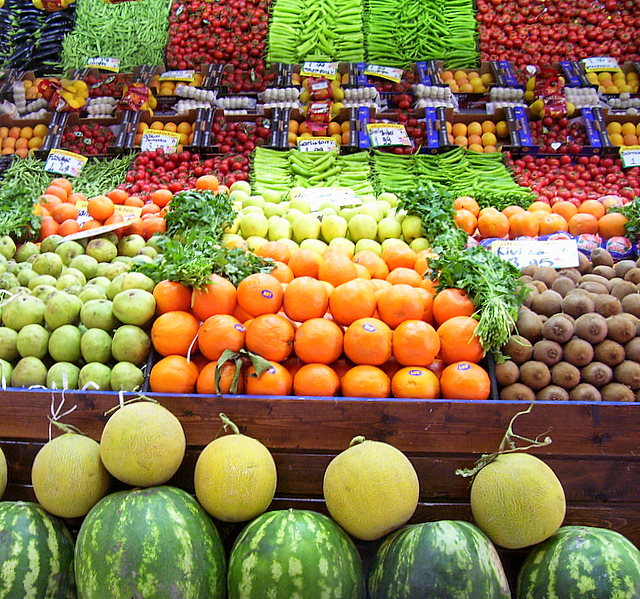
ANI, Melbourne: Some athletes feel that a vegetarian diet improves their performance, it has been revealed. Ultra-marathoner Scott Jurek has detailed his astonishing runs of 160 kilometres or more fuelled by foods like quinoa porridge with almond milk in his new book ‘Eat and Run’. Jurek is convinced that making the switch from a diet big on barbecues, burgers and fries improved his performance - although he’s not sure whether it’s because of what he''s eating or what he’s leaving out, like trans fats and refined carbohydrates. “It’s a question that’s already been answered because so many athletes have shown that it can,” the Age quoted exercise physiologist Darren Morton as saying. “When it comes to high-end performance, a high carbohydrate intake is important for endurance events as well as for power and strength and this is what plants can provide,” Morton, a senior lecturer in health and exercise science at Avondale College of further Education in Lake Macquarie, said. As for the extra protein required for serious bodybuilding or strength most people use protein shakes based on whey or soy that are suitable for vegetarians anyway, he adds. Does a vegetarian diet have any added benefits for athletic performance? That’s still not clear, according to the Australian Institute for Sport, but Morton wonders if the extra plant foods might reduce the number of sick days that keep athletes away from training. Although regular moderate exercise is considered an immune system booster, some research suggests that the stress of strenuous training at an elite level can make athletes more susceptible to colds and flu. “It may be that a vegetarian diet is protective. If you eat a plant based diet you’re getting a lot of extra antioxidants from vegetables and fruit so perhaps you’re less likely to get sick so often and you can front up for training every day,” he said. Morton, a recreational triathlete who’s followed a diet that’s vegan – if you don’t count chocolate - for about four years. “What I’ve noticed is that I don’t get sick now, whereas before when I was doing high volume training I got a lot of colds,” he said. But if there’s a downside to vegetarian eating for athletes, especially vegan diets that skip dairy products and eggs too, it’s that plant foods tend to be low in kilojoules. “Athletes who train at a high level need to work at eating a lot of food in order to get enough kilojoules. “But for non-athletes that can be an advantage of a vegan diet – you can still eat more food and weigh less,” he added. Source: Deccan Chronicle, Image: flickr.com
